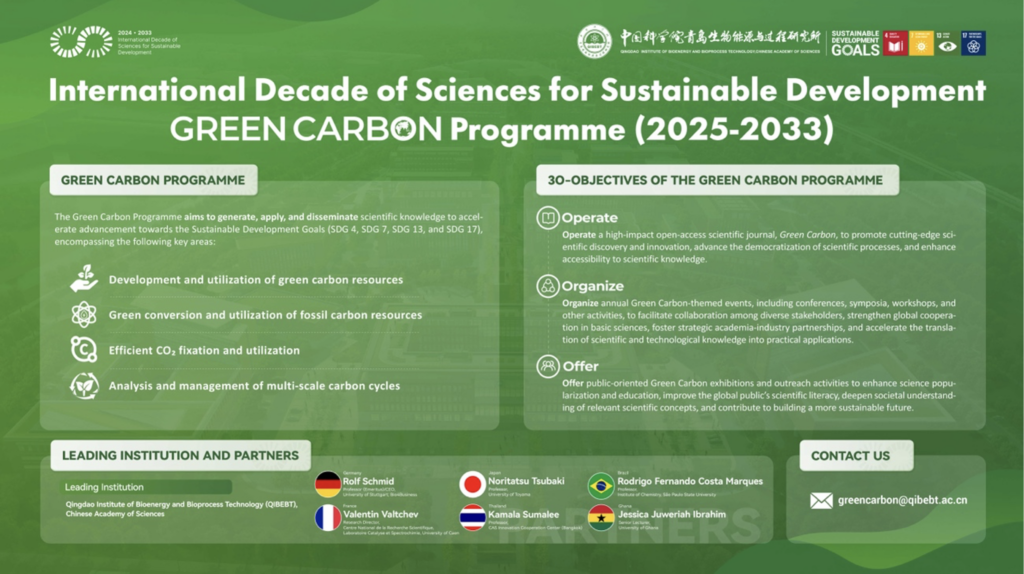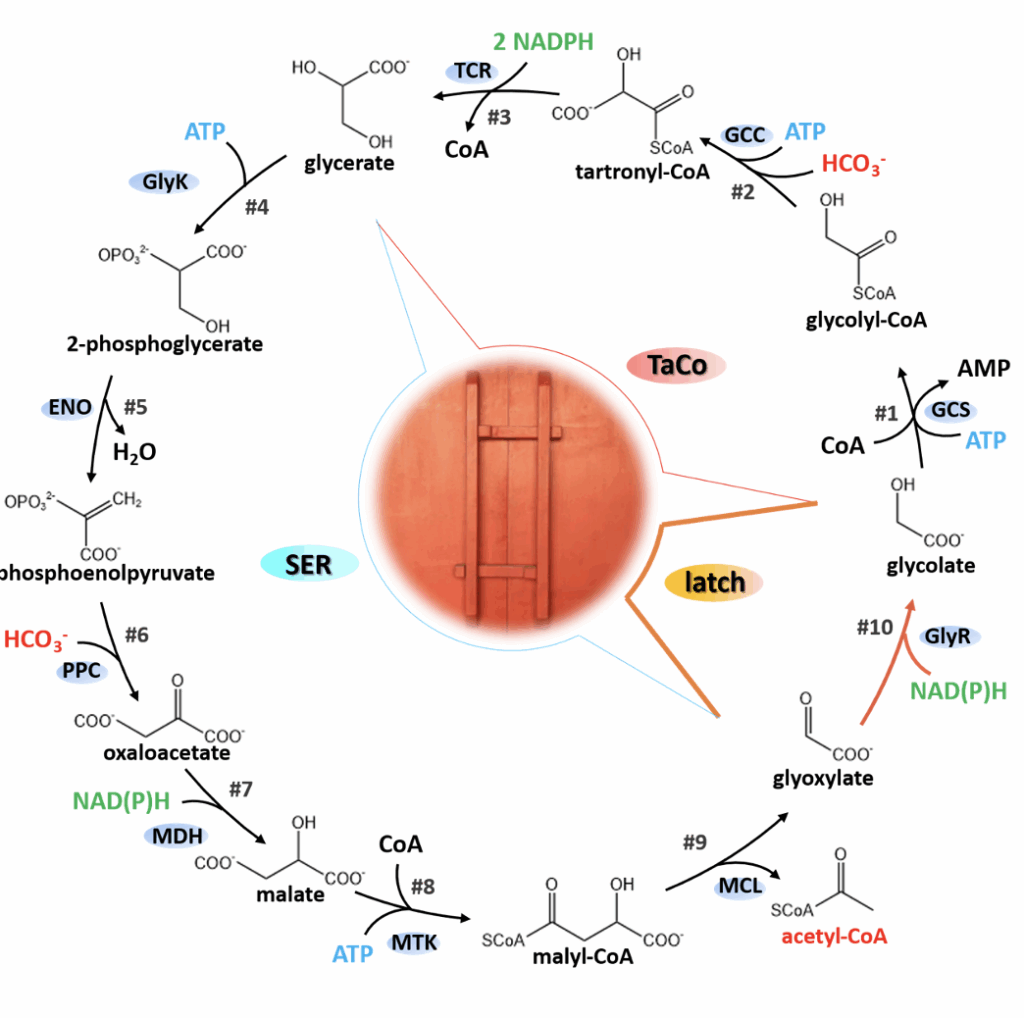http://en.people.cn/n3/2025/0110/c90000-20264742.html
The world’s first carbon fiber metro train named “CETROVO 1.0 Carbon Star Express began passenger service on the Metro Line 1 of Qingdao, Shandong Province. The debut of the carbon fiber metro train marks a groundbreaking upgrade in China’s metro train lightweight technology. The carbon fiber metro train is approximately 11 percent lighter, with operational energy consumption reduced by 7 percent. And each train can reduce carbon dioxide emissions by 130 tons annually, the CCTV report noted.
The key load-bearing structures of the carbon fiber metro train, such as the car body and bogie frame, are made from carbon fiber composite materials. And this design offers multiple technical advantages, including being lighter and more energy-efficient, having higher strength, better environmental adaptability, and lower operation and maintenance costs throughout its life cycle.
Carbon fiber has advantages such as being lightweight, high-strength, fatigue-resistant, and corrosion-resistant. Its strength is more than five times that of steel, while its weight is less than a quarter of steel, making it an excellent material for lightweight rail vehicles, The use of carbon fiber materials not only enhances the strength of the car body, providing greater impact resistance and extending the structural lifespan, but also improves the vehicles’ vibration reduction and isolation, resulting in smoother operation, reduced noise, and a more comfortable ride.
The Qingdao Metro Line 1 spans approximately 60 kilometers and has 41 stations. It serves as a major north-south backbone line in Qingdao.




